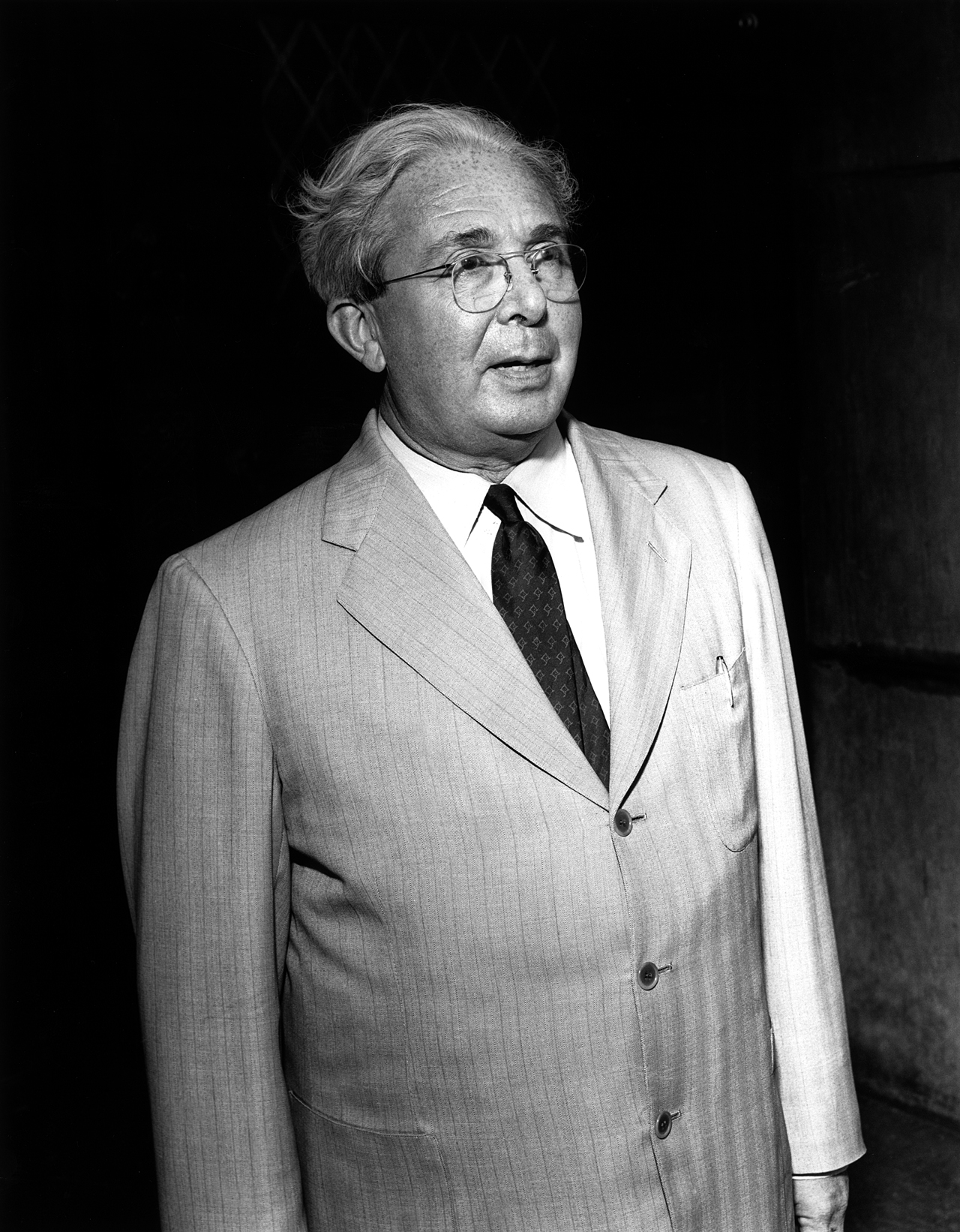“That night I knew the world was headed for trouble.”
On the experiment at University of Chicago which indicated a nuclear chain reaction was possible, as quoted in "Some Szilardisms on War, Fame, Peace", LIFE magazine, Vol. 51, no. 9 (1 September 1961), p. 79
Variants:
We turned the switch, we saw the flashes, we watched them for about ten minutes — and then we switched everything off and went home. That night I knew the world was headed for sorrow...
As quoted in the Boston University Graduate Journal (1968)
We turned the switch, saw the flashes, watched for ten minutes, then switched everything off and went home. That night I knew the world was headed for sorrow.
As quoted in The Making Of The Atomic Bomb (1986) by Richard Rhodes
Kontext: All we had to do was lean back, turn a switch and watch a screen of a television tube. If flashes of light appeared on the screen it would mean that liberation of atomic energy would take place in our lifetime. We turned the switch, saw the flashes — we watched for about five minutes — then switched everything off and went home. That night I knew the world was headed for trouble.
